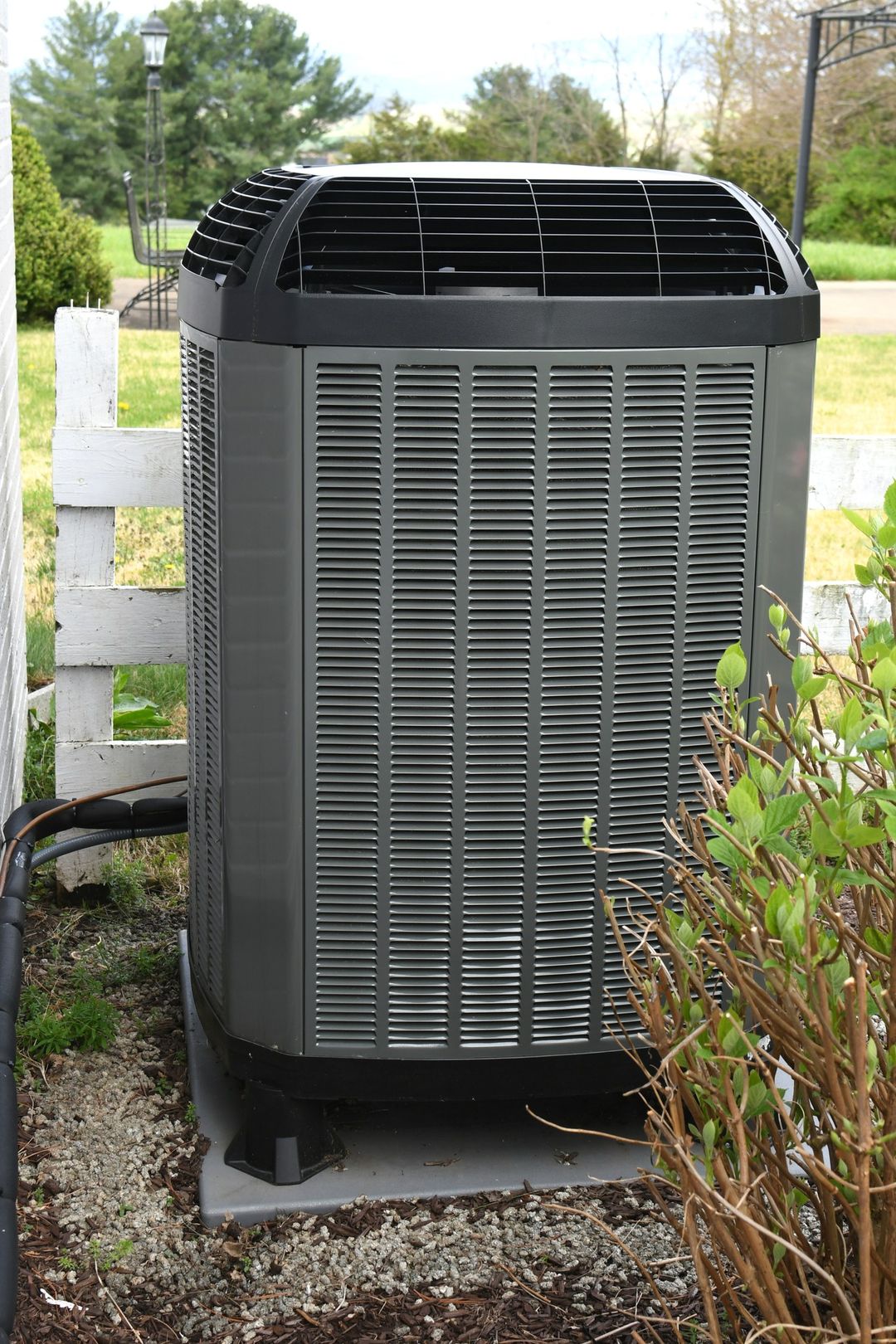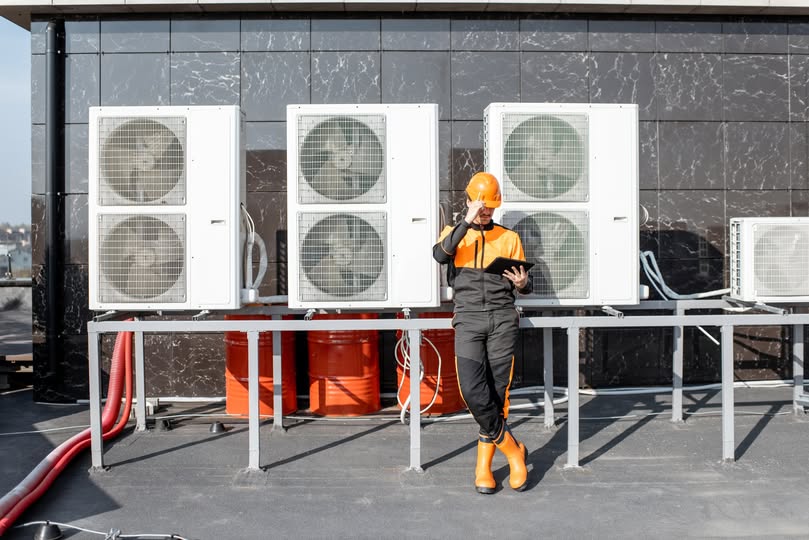Your All-Weather Home Comfort Solution
As homeowners, we're always on the lookout for energy-efficient and cost-effective solutions to keep our homes comfortable all year round. Enter the heat pump – a versatile, eco-friendly technology that can keep you warm in winter and cool in summer, no matter the outdoor weather conditions. In this blog, we will explore how heat pumps work, their benefits, and what to consider before investing in one for your home.
How Heat Pumps Work:
Heat pumps are remarkable devices that can both heat and cool your home, making them a versatile option for maintaining comfortable indoor temperatures. They work by transferring heat from one place to another using refrigerant, a fluid that can absorb and release heat as it changes from liquid to gas and back again.
During the winter, heat pumps extract warmth from the outdoor air, even when it's cold, and move it indoors to keep your home warm. In the summer, the process is reversed – the heat pump extracts heat from inside your home and moves it outdoors, effectively cooling the indoor air.
Benefits of Heat Pumps:
1. Energy Efficiency: One of the main advantages of heat pumps is their energy efficiency. They can produce up to three times more heat for the same amount of electricity used by traditional heating systems, such as furnaces and boilers. This means lower energy bills and a reduced carbon footprint for your home.�
2. Versatility: As mentioned earlier, heat pumps can both heat and cool your home, eliminating the need for separate heating and air conditioning systems. This can save you money on installation and maintenance costs, as well as simplify your home's HVAC system.�
3. Improved Air Quality: Heat pumps don't produce any combustion byproducts, which means there's no risk of carbon monoxide poisoning. Moreover, they often come with filters that can remove allergens, dust, and other pollutants from the air, improving indoor air quality.�
4. Quiet Operation: Heat pumps are known for their quiet performance, making them ideal for homeowners who value peace and tranquility.�
What to Consider Before Investing in a Heat Pump:
1. Climate: While heat pumps can work efficiently in most climates, their performance may be affected by extreme weather conditions. For those living in colder regions, a supplemental heating system may be necessary to maintain optimal indoor comfort.�
2. Type of Heat Pump: There are different types of heat pumps available in the market, including air-source, ground-source, and water-source heat pumps. Each type has its advantages and limitations, so it's essential to choose the one that best suits your home and location.�
3. Cost: The upfront cost of a heat pump can be higher than that of a traditional heating or cooling system. However, the energy savings and reduced maintenance costs can offset the initial investment in the long run.�
4. Professional Installation: To ensure that your heat pump operates efficiently and provides maximum comfort, it's crucial to have it installed by a professional HVAC technician. They will assess your home's specific needs and recommend the best heat pump model and size for your situation.�
Heat pumps are an innovative and energy-efficient solution for homeowners looking to maintain a comfortable indoor environment throughout the year. By understanding how they work, their benefits, and what to consider before making a purchase, you can make an informed decision that will enhance your home's comfort and energy efficiency. So, say goodbye to skyrocketing energy bills and hello to year-round comfort with a heat pump!



